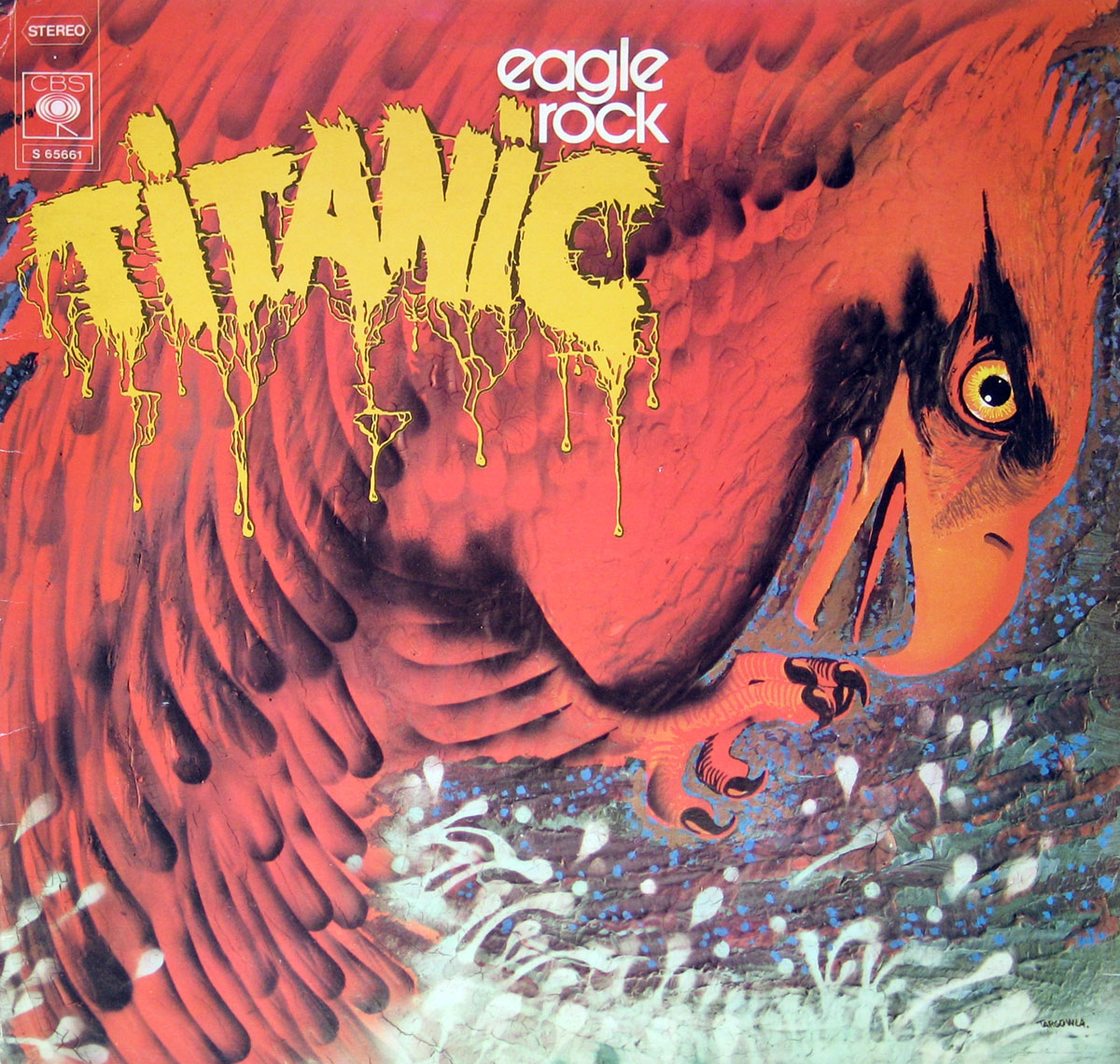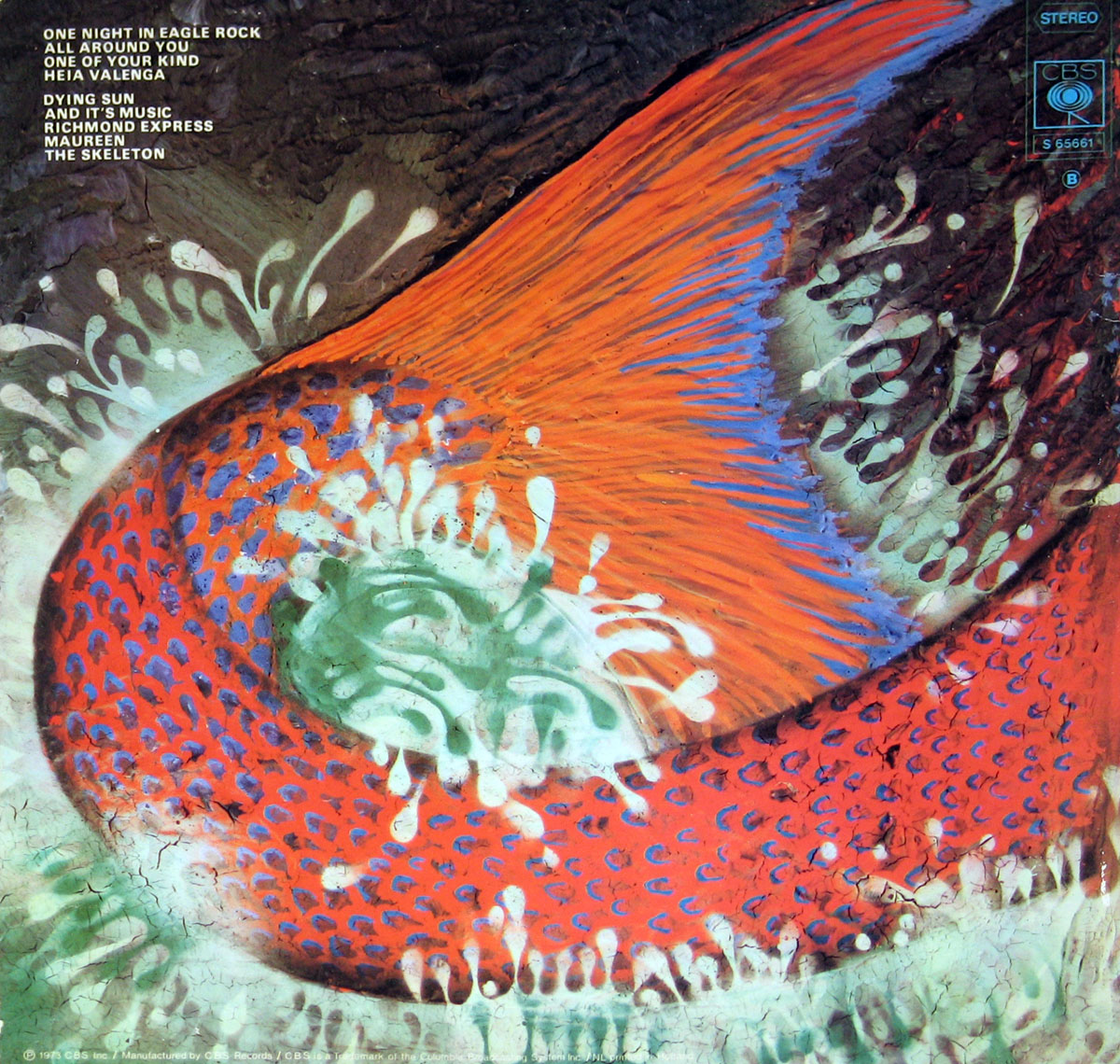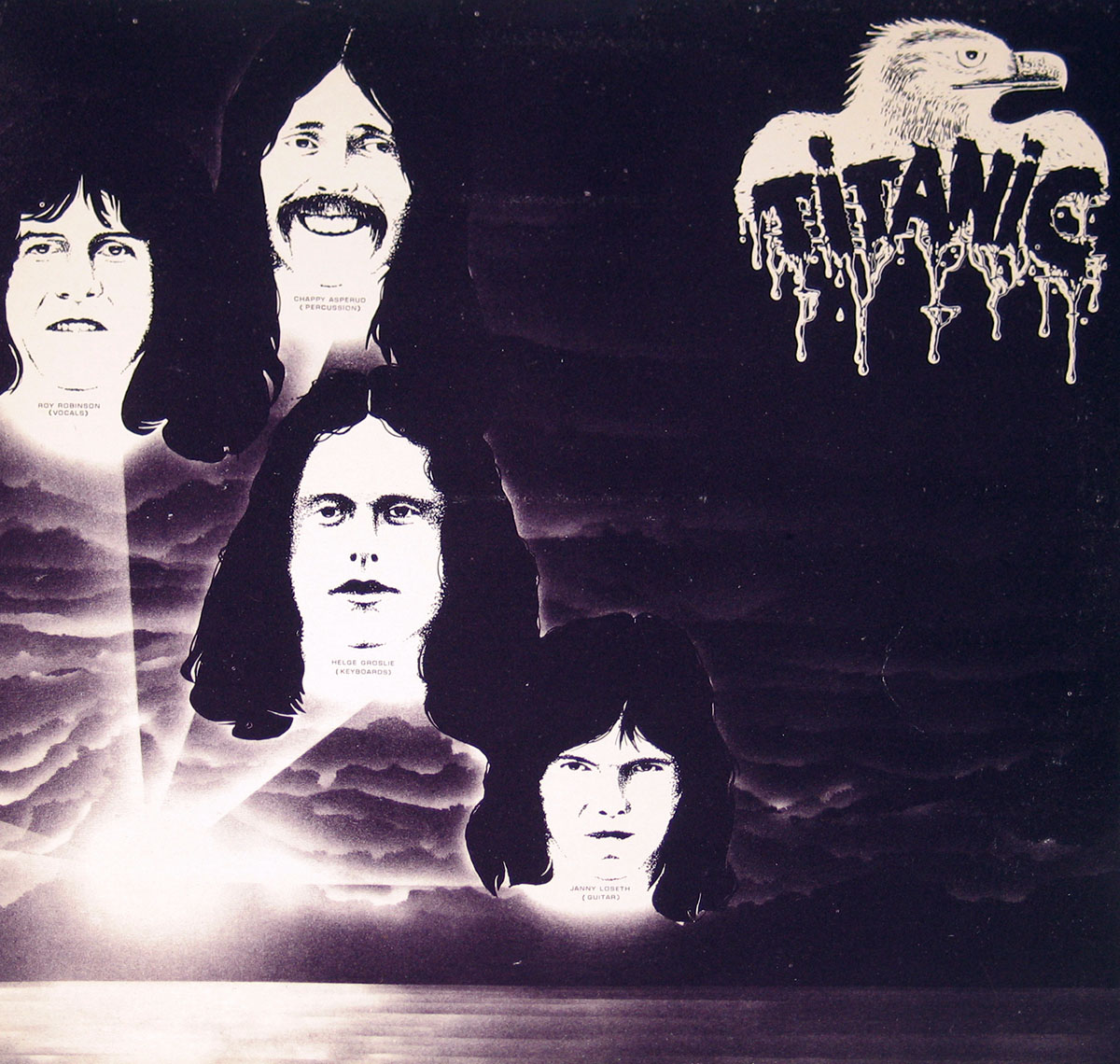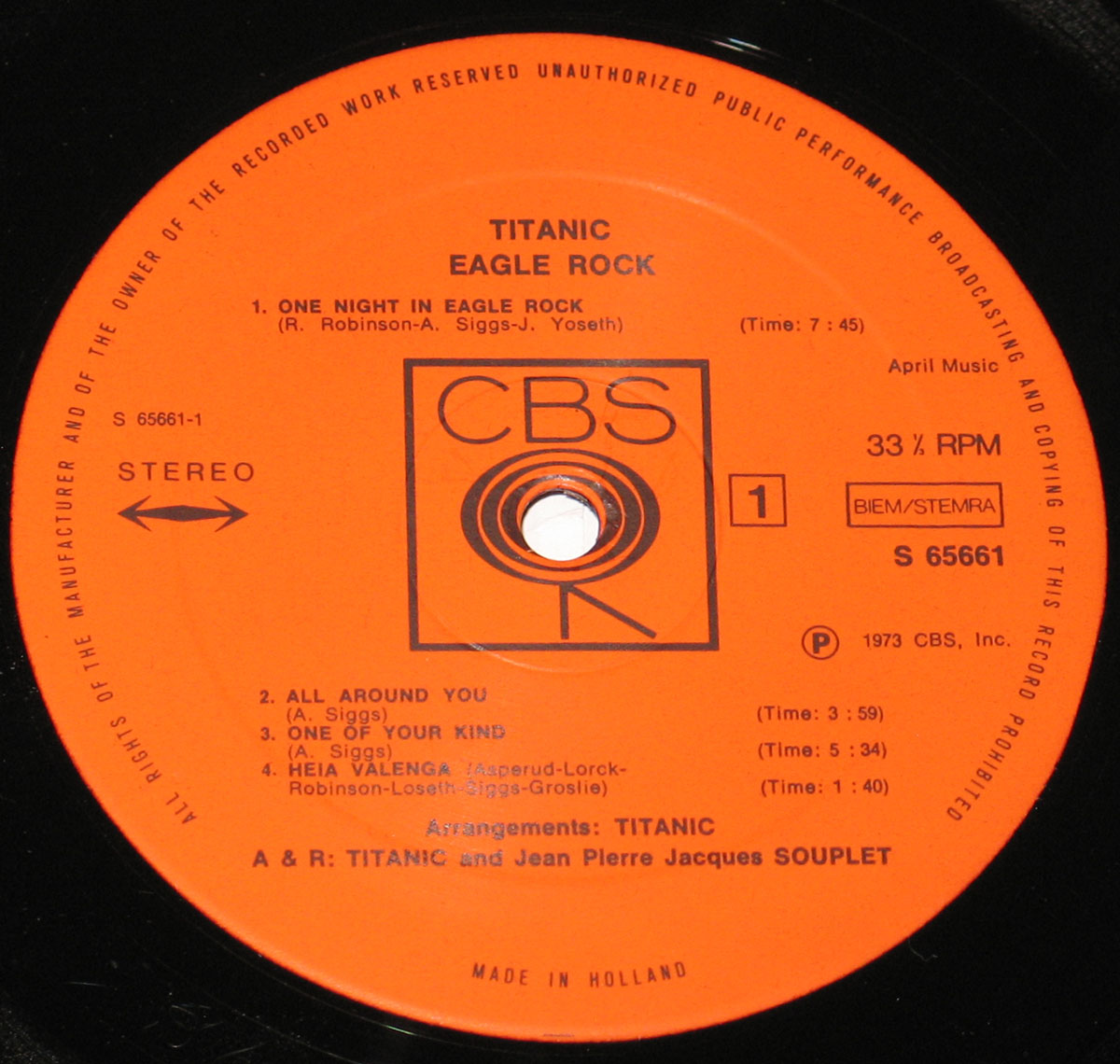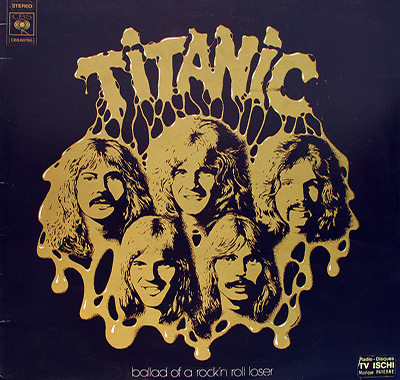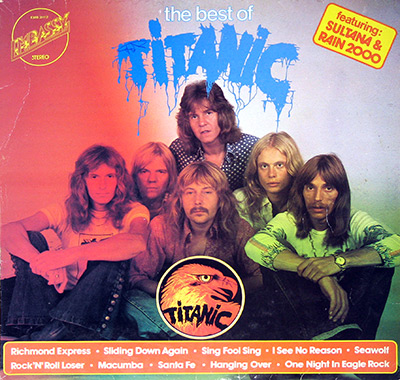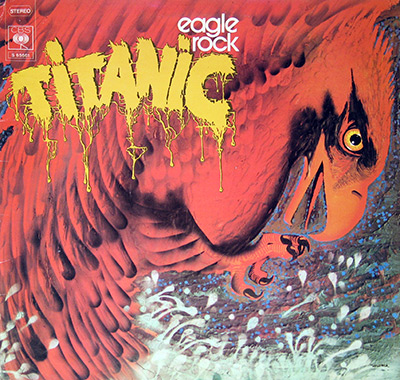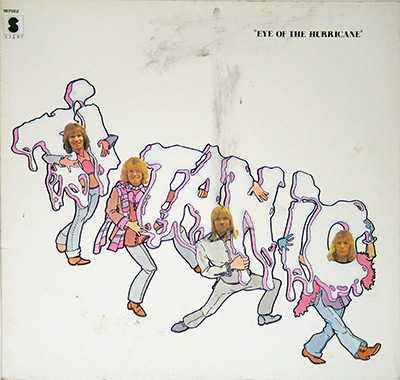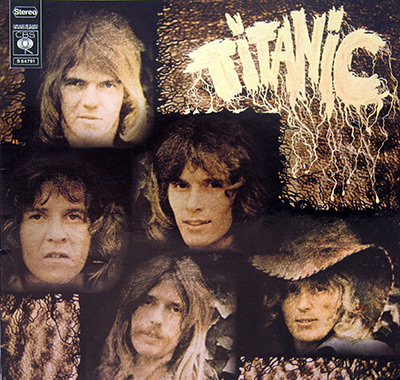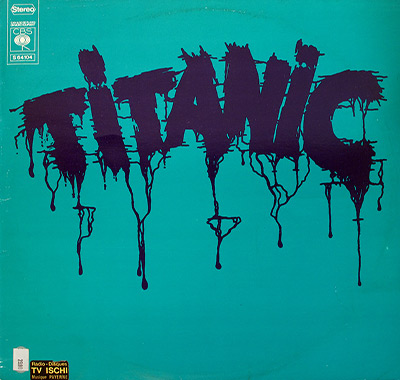In 1973, amidst the vibrant tapestry of the rock music scene, Norwegian band Titanic unleashed their third studio album, "Eagle Rock." This 12" vinyl LP album, presented in a striking gatefold cover, solidified their presence in the hard rock genre while showcasing their musical versatility.
A Thriving Rock Landscape
"Eagle Rock" emerged during a period when hard rock was experiencing a surge in popularity. Bands like Led Zeppelin, Deep Purple, and Black Sabbath were dominating the airwaves with their powerful riffs and electrifying performances. Titanic, with their distinctive blend of hard rock, progressive elements, and a touch of blues, carved out their own niche within this thriving landscape.
Musical Exploration
The album's title track, "One Night in Eagle Rock," set the tone with its dynamic energy, soaring vocals, and intricate guitar work. This epic seven-minute opener showcased the band's ability to blend hard rock power with progressive rock complexity. Other standout tracks like "Richmond Express" and "Searchin'" further highlighted their musical exploration, incorporating elements of funk and blues into their hard rock foundation.
The Men Behind the Music
"Eagle Rock" was a testament to the collaborative spirit and musical talent within Titanic. Roy Robinson's commanding vocals and charismatic stage presence continued to be a driving force. Janne Løseth's guitar skills shone brightly, delivering memorable riffs and solos. The rhythm section, consisting of Kjell Asperud on bass and John Lorck on drums, provided a solid backbone for the band's sound.
The album was recorded at the renowned Roger Arnhoff Studio in Oslo, a state-of-the-art facility that allowed Titanic to capture their music with clarity and precision. The production team, consisting of Arve Sigvaldsen and Svein Rønning, played a crucial role in shaping the album's sound and ensuring that the band's energy translated onto vinyl.
